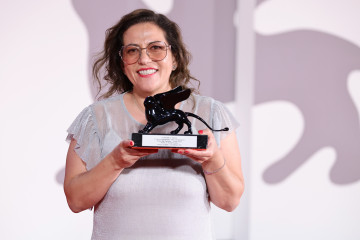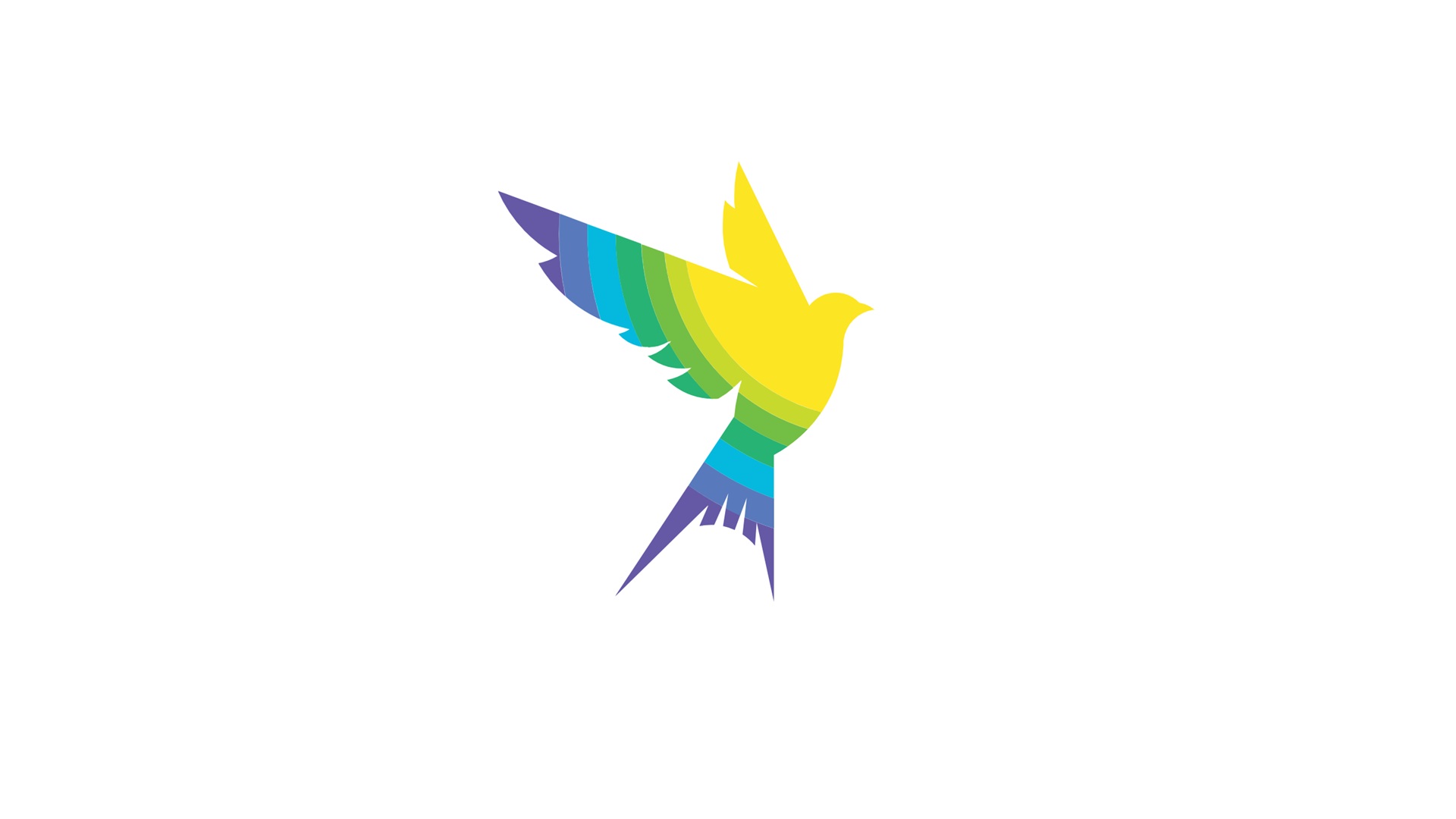

London-based filmmaker and screenwriter Soudade Kaadan won the Armani Beauty Audience Award from the Venice International Film Festival in September 2022 for her film Nezouh.
Born in France, Soudade studied theatre criticism at the Higher Institute of Dramatic Arts in Syria and filmmaking at Saint Joseph University (IESAV) in Lebanon.
Her first feature fiction film The Day I Lost my Shadow (available on Netflix) was awarded the Lion of The Future for Best Debut at the 2018 Venice Film Festival, and the Jury Prize for directing at the LA Film Festival. Her short film Aziza won the Sundance Grand Jury Prize in 2019.
"Female filmmakers and scriptwriters can bring a certain level of complexity to the female characters that most often men cannot capture"
Nezouh was first screened in London at the BFI film festival in competition and later during the Qisah International Film Festival held between 9-12 November 2022.
Cheating on theatre with cinema
In an interview following the Qisah Film Festival, Soudade tells her story about venturing into the filmmaking industry: “It was a coincidence," she begins. "I went to Beirut to continue my theatre studies, but I realised that there was a filmmaking institute that I could enrol with, so I immediately signed up there.”
Soudade hails from a Damascene family but has no ties to Syria's National Film Organization – the only organisation in Syria to fund fiction films – which forced her to work on her films independently.
|
"For a newly graduated female director, like myself, it was not an easy journey into the filmmaking business,” she continues, adding that film production in Syria is mostly an “exclusive medium and there were scarce opportunities for new female filmmakers in the country.”
At the time when she was a new filmmaker, Syrian producers were not interested in hiring newly graduated female filmmakers with no foothold in the filmmaking industry, she explained, but added that “once a female filmmaker finds her place in the filmmaking industry in Syria, opportunities follow.”
Theatre still holds a place in Soudade’s heart, but making films is her passion and a curse, she revealed.
“I cannot stop myself from thinking about the film or the story that I am working on until I see it on screen,” she said, revealing that making films became an obsession to her.
Although she has not worked in the theatre industry in a while, she agrees that some techniques in her films were indirectly borrowed from the theatre.
In the majority of Soudade’s films, there is an object that becomes the core of the story – a technique that is widely known in theatre as the theatrical prop.
This can be seen in her film, The Day I Lost My Shadow, where events revolve around acquiring a gas cylinder, while in her short film Aziza, an old car owned by a couple becomes central to the story and in Nezouh, the family house is an extension of the main character (the father).
|
A plethora of untold stories
Soudade’s film Nezouh tells a story of a 14-year-old girl called Zeina and her family who were besieged in their home city of Damascus, Syria. Although means of life and goods are rare, the father (Mutaz) makes sure his family is well-fed and safe. One day, a missile rips a giant hole in their home, exposing them to the outside world.
Through that hole, Zeina meets her friend Omar and has her first taste of freedom. As the violence outside escalates, the family is pressured to evacuate, but the father remains adamant that he stays, refusing to flee to the uncertain life of a refugee.
Zeina and her mother later decide to escape, initially leaving the father behind. However, he finds his way to join his family in the uncertain voyage of refugee life.
Soudade said that Nezouh was inspired by several prototype families that she met in Syria. She added that there are a plethora of untold Syrian stories to inspire filmmakers like herself.
Soudade started writing the script for Nezouh in 2013, but the film only saw the light in 2022, due to a lack of funds.
She says that in times of war in Syria, the documentary filmmaking industry has flourished, occupying the space of feature films. Soudade explained that “unlike the common understanding of the rise of artwork during the war in Syria, there weren't as many opportunities for feature films as there were for documentaries.” This is likely due to the high cost of feature films as opposed to documentaries.
|
Soudade, however, stressed that the way through which filmmakers and artists tell Syrian stories was immaterial, what is important is for the story to be told. She explained that “whether it was a feature film or a documentary, what is important is that filmmakers present a valuable and deep story”.
Improvisations with actors on sets were key to Soudade in all her films, saying that she makes changes to the scripts based on these improvisations, which in turn bring life to the characters.
Women bring complexity to the screen
Soudade’s heroines are intriguing and complex characters that do not fit the traditional models of female characters on screen in Syrian cinema. She believes that this is because “female filmmakers and scriptwriters can bring a certain level of complexity to the female characters that most often men cannot capture”.
For Soudade, the majority of male filmmakers portray traditional types of females such as mothers or saints which lack moral complexity.
"Not having female film critics is another issue,” says Soudade, who believes that female film critics are more capable of grasping the complexity of the female characters on screen.
Soudade concludes that most of her audience is women, who are eager to see multidimensional female characters with backstories in Arabic-speaking films.
Indeed, the complexity of the female characters can be clearly seen in her film Nezouh where both the mother (Hala) and the daughter (Zeina), have decided to leave the besieged city by themselves after experiencing various life-changing events.
Aman Al Bezreh is a trilingual journalist, a media training consultant at OpenDemocracy and a security analyst for West Africa and the Sahel.
Follow her on Twitter: @AmanBezreh




 Follow the Middle East's top stories in English at The New Arab on Google News
Follow the Middle East's top stories in English at The New Arab on Google News


